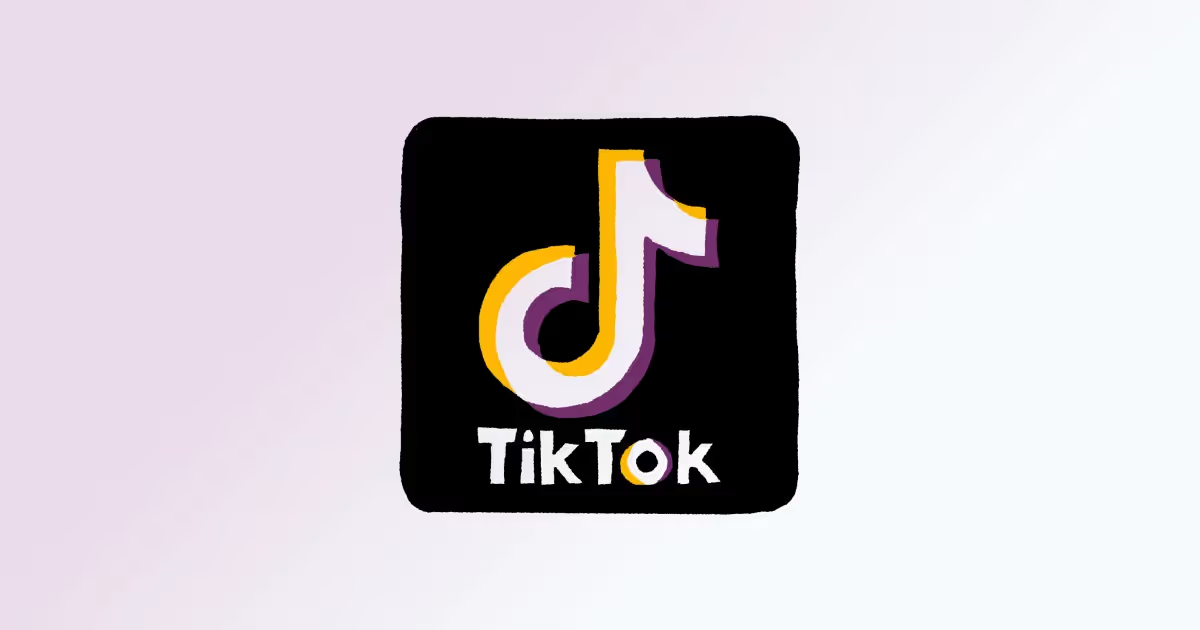How can startups take crypto into the mainstream?
From Facebook to Coinbase
In a turbulent summer marred by war, the effects of our climate crisis and a heavy dose of sports, Kate Rouch’s job change is hardly front page news worldwide. The Facebook marketing exec - 12 years after joining - has left to head up marketing for Coinbase.
For those that don’t know, Coinbase is the world’s largest cryptocurrency exchange platform, with 68m users, $1.14bn in revenue and 30% new user growth this year. Those might seem like impressive numbers, but Ms Rouch has been brought on because they’re not impressive enough. The challenge that lies ahead for Coinbase at this “critical juncture”, according to their President and COO Emilie Choi, is taking a niche into the mainstream.
In her leaving post, Ms Rouch was sure to point out that “Coinbase is almost exactly the size Facebook was when I joined”. Seeds of mass-market adoption are appearing - with increasing numbers of major companies now accepting payment in Bitcoin, for example. But there are still no guarantees that it will, one day, claim billions of users, as Mark Zuckerberg’s company does.
Is Crypto Legitimate?
Even the most bullish members of the crypto community, like Sriram Krishnan, General Partner of VC firm a16z, recognise that crypto isn’t simple to grasp. There are excellent primers and beginner’s guides out there, but with phrases like “decentralised” and “peer-to-peer” at its core, it remains a technology which forces us to deconstruct much of what we believe to be true and reconstruct it “in ways that can be hard to wrap your head around and accept.”
That lack of acceptance, a collective stubbornness to swallow the kool-aid, is existentially dangerous for cryptocurrencies which, like regular money, rely on legitimacy to function. Vitalik Buterin, the founder of Ethereum - a popular cryptocurrency token - describes legitimacy beautifully in one of his blog posts:
“Legitimacy is a pattern of higher-order acceptance. An outcome in some social context is legitimate if the people in that social context broadly accept and play their part in enacting that outcome, and each individual person does so because they expect everyone else to do the same.”
That final sentence is crucial, and once you realise that cryptocurrencies are coordination games, you understand why every element of their ecosystem - companies like Coinbase, individual traders, currency creators and so forth - are so vocal about the net positive impact of crypto. The more that “everyone else” partakes in the ecosystem in some way, shape or form, the more valuable their part of the ecosystem is.
Becoming the new face of the Queen
So, the next time you hear someone laughing that a photo of a cat has sold for hundreds of thousands of dollars as a NFT, remind them that it’s just as laughable that stacks of pieces of paper with the Queen’s face are worth what they are. Neither has any intrinsic value, the latter has simply obtained popular legitimacy…
Gaby Goldberg has talked about crypto “missionaries” and how “nothing beats explaining crypto-native principles to friends/family and seeing the looks on their faces the moment it just clicks”. Slowly but surely, if advocacy grows, the breadth of confidence will too, and the potential of crypto will reveal itself.
For instance, John Palmer, in a short post, starts to imagine what NFTs could do beyond just reinventing the art market.
“But if digital objects are as versatile as physical objects (how many different things can “objects” do?), many NFTs will provide functional benefits to their owners. Digital items will move with their owners across the Internet and allow them to perform special actions across independent pieces of software.”
He continues to add that:
“As the implications of this reorganize how people use the Internet, many valuable companies will be created and destroyed. This doesn’t mean companies need to “get into NFTs” by selling digital collectibles or buying them. It means they need to build their companies on a mental model of the Internet that acknowledges all of the second order effects of digital objects.”
These companies that focus on the second-order effects of crypto, thanks to a venture capital market which has poured $17bn into new crypto endeavours in 2021 so far, are emerging at an incredible rate. Let’s look at the marketing of the most exciting emerging players:
Euler
Euler is a capital-efficient permissionless lending protocol that helps users to earn interest on their crypto assets.
Founders: Michael Bentley, Jack Prior and Doug Hoyte
Funding: $8.8m (Series A)
It was good to see Euler announce a recent rebrand and refreshed website. No matter your industry, as Steve Jobs famously said, people do judge a book by its cover. Beyond what prospective customers impute, from a product marketing perspective, especially when regular interest rates are at an all-time low, there is a huge prize if Euler can take their competitive offering to the masses. To that end, their next marketing challenge is turning their dense white paper and spinning it out as more digestible content marketing, just as industry leaders Coinbase have done so successfully.
Coincover
A Lloyds of London insurance backed Cryptocurrency protection against the loss or theft of crypto assets, and fraudulent transactions.
Founder: David Janczewski
Funding: $11.6m (Series A)
Naturally, for every dollar that goes into crypto, there is another dollar’s worth of angst around potential security and fraud risks. While a well-thought through, if we’re being fussy, Coincover could do with a facelift. Moving away from stock imagery and starting to create a more distinctive, owned look-and-feel is vital as the consumerization of B2B marketing starts to gather pace. Beyond cosmetic improvements, the trifecta of PR, SEO and Content marketing appears to be the obvious growth engine for a company with an imaginably lengthy (2-4 month) sales cycle from top of funnel to deal closing. Having the brand-association with Lloyds of London gives Janczewski’s team a head start, but they’ll need to create create a winning keyword strategy that is propelled by high-quality, crawable web pages and high-authority backlinks from their press coverage.
Revix
Revix is a platform that enables everyday people to invest in emerging themes, sectors, and asset classes.
Founders: Louis Buys, Sean Andrew Sanders
Funding: $4.2m (Series A)
Obviously their product offering extends beyond pure crypto investing, notably with thematic spreads coming in 2022. If they’re going to meaningfully compete in crypto, they’ll need to triple down on a specific section of the pie: one aspect that they do differently, cleverly and much better than anyone else. It may be a young industry but Coinbase’s growth makes every other player a challenger brand, and challenger brands only succeed with particular takes and perspectives that are intensely beamed out to a specific group of customers. Practically, this means that Revix needs to take their slogan “hassle-free” and use every online touchpoint, physical activation and brand communication they have to demonstrate why it really is so.
PARSIQ
PARSIQ is the data and automation platform that connects blockchain activity to real-world applications.
Founders: Anatoly Ressin, Andre Kalinowski, Tom Tirman
Funding: $3m (Series A)
Again, good to see a website refresh and branding taken seriously - this is a one-off investment that will pay off time and again in the long run. It would also be worth spending some capital on product marketing - I’m getting industry leader Zapier but for crypto vibes, and yet I’m not entirely clear on how it differs from Zapier in terms of functionality… Something as simple as a “swimming lane” diagram where the features and benefits are laid out clearly for all to see would go a long way. The recent LinkedIn white paper on how brands grow described this as the “Salesforce problem” - a fork in the road where many people had heard about Salesforce but didn’t know what Salesforce actually offered. Fame is important, but mental availability (being thought of in buying situations) only works if people know what it is that they’re buying.







